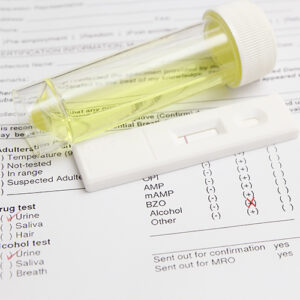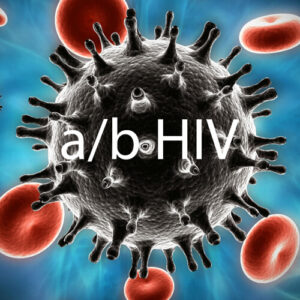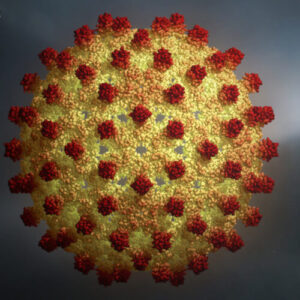STD
24-7 Labs offers a comprehensive range of STD testing services designed to provide accurate, confidential, and timely diagnosis of sexually transmitted infections. Early detection and treatment are crucial for maintaining sexual health and preventing complications, and our STD testing options cater to a variety of needs, from routine screenings to specific symptom investigations.
Our testing panels cover common STDs such as chlamydia, gonorrhea, syphilis, herpes, HIV, and HPV, among others. With easy online ordering and options for at-home sample collection or lab visits, 24-7 Labs makes it simple and discreet to get tested. Results are delivered quickly and securely, giving you peace of mind and enabling timely medical care if needed.
Whether you are undergoing routine health checks, preparing for pregnancy, or experiencing symptoms, our STD testing services are designed to support your health with professionalism and privacy. Our accredited laboratories follow strict quality standards to ensure reliable and accurate outcomes.
24-7 Labs also offers expert customer support to help you select the right tests and understand your results, empowering you to make informed decisions about your sexual health.
Explore the STD Testing category today to access trusted, convenient testing solutions that prioritize your health and confidentiality.
-
- Men's Health, STD
Gonorrhea
- $80.00
- A very common infectious disease caused by Neisseria gonorrhea, which is a bacterium that grows and multiplies in the mucus membranes of the body. Some symptoms include: burning when urinating, swollen testicles or vulva, or swollen glands. Testing involves a urine sample.
- Add to cart
-
- Family Health, STD
antibody HIV
- $70.00
- Weakens the immune system by destroying vital cells that are needed to fight off disease and infections. The only way to know if you have HIV is to get tested. Symptoms may involve a flu-like episode within the first 2-4weeks after infection. Testing may be performed through either the blood, urine, or oral fluid. Rapid HIV is available with results in 20…
- Add to cart
-
- Family Health, STD
Basic Sexual Health Panel
- $139.00
- This panel tests for the 2 most common sexually transmitted diseases, Chlamydia and Gonorrhea
- Add to cart
-
- Family Health, STD
Chlamydia
- $80.00
- A common sexually transmitted disease caused by the bacterium Chlamydia Trachomatis. Most people infected have no symptoms but are still at risk to infect others. Testing is painless and involves a simple urine test from men or women.
- Add to cart
-
- Family Health, STD
Hepatitis B Surface Antigen (Hep B)
- $79.00
- An infection of the liver caused by the Hepatitis B virus. Symptoms can vary but may include yellowing of the eyes, dark urine and abdominal pain. Testing involves the collection of a blood sample.
- Add to cart
-
- Men's Health, STD
Herpes
- $99.00
- A common sexually transmitted viral disease that causes genital pain and sores. Herpes produces contagious sores that usually appear on the mouth or around the genital area. The most common test used to diagnose herpes is the PCR blood test and it is very accurate. HSV1 (oral) & HSV 2 (genital)
- Add to cart
-
- Men's Health, STD
Syphilis
- $89.00
- A sexually transmitted disease that if not treated can cause long term complications. Symptoms can vary with syphilis depending on the stage of the disease. Stage 1 may involve painless sores on the genitals, rectum or mouth. Stage 2 involves a body rash. Stage 3 may not occur for some time and may be symptomless but can cause damage to…
- Add to cart
-
- Family Health, STD
Trichomonas
- $100.00
- A sexually transmitted disease caused by a small organism, Trichomonas vaginalis. Women are more affected by the disease than men and symptoms may include; greenish or yellow discharge with a strong odor, vaginal itching and painful urination. Testing involves a urine sample.
- Add to cart









